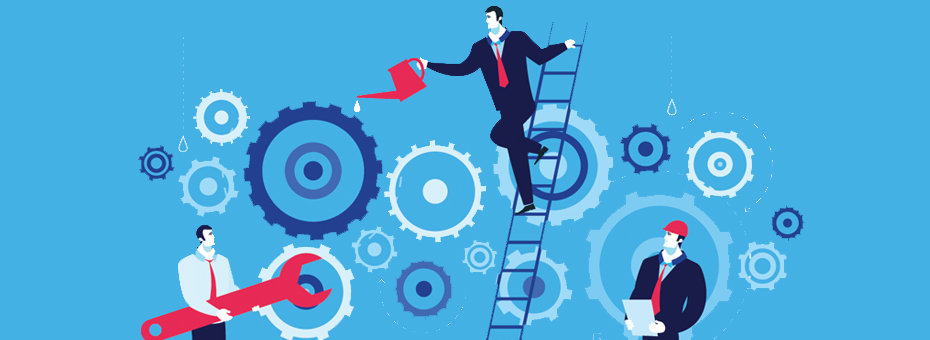Earlier this summer I attended the fifth annual Lean Coaching Summit. I joined a few hundred other coaches to deepen our learning and practice by exploring what it means to be a “lean coach.” This was the third consecutive Lean Coaching Summit I’ve attended and I appreciated the diversity of perspective and the format of the many breakout sessions this year.
Of everything I saw and heard, one quote in particular stood out to me. It was from Beth Carrington in her breakout session on Toyota Kata:
“Don’t ask what we CAN improve, ask what we NEED to improve.”
While Beth was referring to prioritizing organizational problems, I was struck with a thought that the same coaching question could be asked of ourselves as leaders: “What do we NEED to improve in our own behavior to create an organization filled with problem solvers?”
As leaders, sometimes the things that we feel like we can more easily change are not the things that we need to change. Or perhaps we don’t have visibility to the impact that our current habits and actions have, and lack insight on what needs to change. Are they in line with lean leadership skills? Consider:
- How effective are we at asking questions instead of telling people our ideas?
- How well do we listen, or are we just getting ready to speak?
- How much do we really understand about a given problem and its root causes?
- How often do we solve problems in a conference room versus going to see what is actually happening?
To me, this is the crux of the Lean Coaching Summit’s theme this year of “preparation:” How do we prepare ourselves as leaders and coaches to be better prepared to develop others?
To be able to do that, we must first accept the hypothesis that “I am a condition that requires improvement.”
And then we can ask ourselves the question Beth posed: “What do I need to improve – not just what can I improve – to become a better lean coach?”
So, how can we use the same lean thinking routines that we practice in regard to solving problems and turn the questions inward to ourselves?
If you are a Kata practitioner, perhaps you might follow the pattern of thinking that Beth shared for problem solving at the Summit:
- Start with describing the future state what the ideal lean leader or coach looks like (your challenge),
- do a current-state assessment on yourself,
- identify the gaps,
- and then do rapid PDCA cycles to change the obstacles you see in behaving the way you want.
Or alternatively, as I shared in the breakout session I led at the Summit, you can apply the A3 thinking process to personal development. Start with understanding your current habits and actions, identify the root causes for your limiting habits, and create a plan for practicing to get a little bit better every day.
Either way, using lean thinking, you can narrow on what the biggest leverage points are in your behavior and figure out not just what you can improve, but what you actually need to improve and a plan of how to move towards better lean leadership.
I have personally found using problem-solving thinking to understand “what do I need to improve in my own behavior” to be invaluable in becoming a better lean coach. By going through the process of asking myself that question, I had some “ah-ha” moments about my own habits and behavior.
For many years, I was a “doer:” someone who owned the work and was responsible for its outcomes. However, as I advanced in my career as both an internal and then external lean practitioner, I realized that I needed to shift my practice from being a “doer” to “teacher,” from “consultant” to “coach,” and from “owner to influencer.”
Out of all the things I realized I could focus on, I decided to put my attention on creating better habits around leading by asking questions and being comfortable sitting in silence. I realized that in my enthusiasm to help people by offering up my opinion, in many cases, I was missing an opportunity to develop the other person’s problem-solving capabilities.
Today I’m not perfect by any means, but by putting focus and attention on specific area of improvement, I have become a more intentional and better question-asker, and I’m much less likely to interrupt or offer a learner my opinion without first hearing their thoughts. I’m then better able to meet my learner where he or she is at and develop their skills (while I’m concurrently also intentionally improving my own coaching skills!).
I used one of my own personal improvement A3s focused on these habits as an example at the breakout session I led at the Coaching Summit, and saw many nods and heard comments such as “that is me!”
So I challenge those of us who want to be more prepared lean coaches and leaders to look inward and ask ourselves: “what do I NEED to improve?” And from there, use our problem-solving skills on ourselves to develop a plan to get a little bit better each day.






